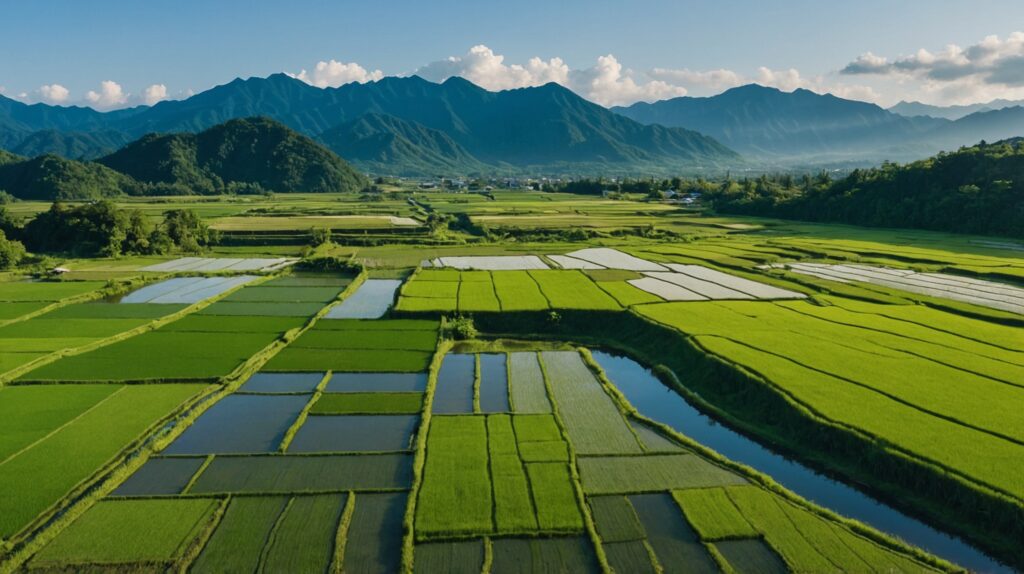
In Japan’s Niigata prefecture, commonly known for its Koshihikari rice, the challenges that would hinder the region from upholding the rice-growing culture are clear. Fertilizer prices are increasing, rice prices are decreasing, the amount of farmers is dwindling, and there are environmental threats. Still, a groundbreaking research project is coming up with solutions using advanced technologies to facilitate the growing of rice in a sustainable way.
The KOME-DOKORO COI-NEXT Project: A New Coi-NexTus Project as the future for agriculture revolution
The KOME-DOKORO COI-NEXT project, led by researchers from Nagaoka University of Technology and sponsored by Japan Science and Technology Agency, is focused on making Niigata region’s rice production zone sustainable through a circular bio-economy. Key to this effort is Dr Yasunori Ichihashi, a plant microbiologist from the RIKEN BioResource Research Center, who is in charge of one of the five research pillars in this project.
Prof. Ichihashi’s research team is leveraging big data and machine learning technologies to virtualize the agro-ecosystem of rice farming. The researchers are attempting to comprehend the complicated relationship of plants, microbes, and soil by studying soil characteristics, microbial diversity, plant growth, and environment. Such knowledge would be essential in establishing appropriate farming systems that improve rice productivity without damaging the ecosystem.
Multiomics: A comprehensive understanding of rice ecosystems
To gain further understanding about the biological systems at work, Dr. Ichihashi’s group is turning to a multiomics strategy. This strategy enables a more complete comprehension on the rice cultivation ecosystem by combining multiple areas such as genomic, proteomic or transcriptomic data.
The researchers are indeed rising to the challenge of collecting as much information as possible, including;
- Chemical and microbiological analysis of soil
- Phenotypic characteristics of the plants
- Nutritional Composition of Rice Grain (fiber, amylose, and protein)
- Climatic conditions
- Chemical soil data for 30 years
It is expected that the team would be able to extract from the information obtained the parameters that are relevant in improving the yield, quality and sustainability of crops by employing advanced machine learning techniques. So far, this has been successfully done before, one of which is determining the advantages of soil solarization on the growth of Australian mustard spinach.
Towards a Sustainable Future for Rice Farming
The reason for carrying out this research is to ensure that by the end of the study, a guideline on the sustainable practices that rice farmers should embrace in their daily practices is achieved. The goal of the research is, therefore, to find good microorganisms from the paddy soil and define their role on soil health and crop sustainability.

This project approaches rice farming from a holistic perspective rather than only focusing on soil, plants, and microbes. Integrating these factors and working with the farm families Dr. Ichihashi and his team are trying to find ways to improve not only harvests but also quality and taste of the rice grown.
Its eyes set on the horizon, up to the next decade this project is characterized by its possibilities for changing rice cultivation practices in New York and elsewhere. The KOME-DOKORO COI-NEXT project tackles this problem by connecting the traditional way of cultivating rice in Japan with its advanced technological solutions to make sure that it will not be extinct.
